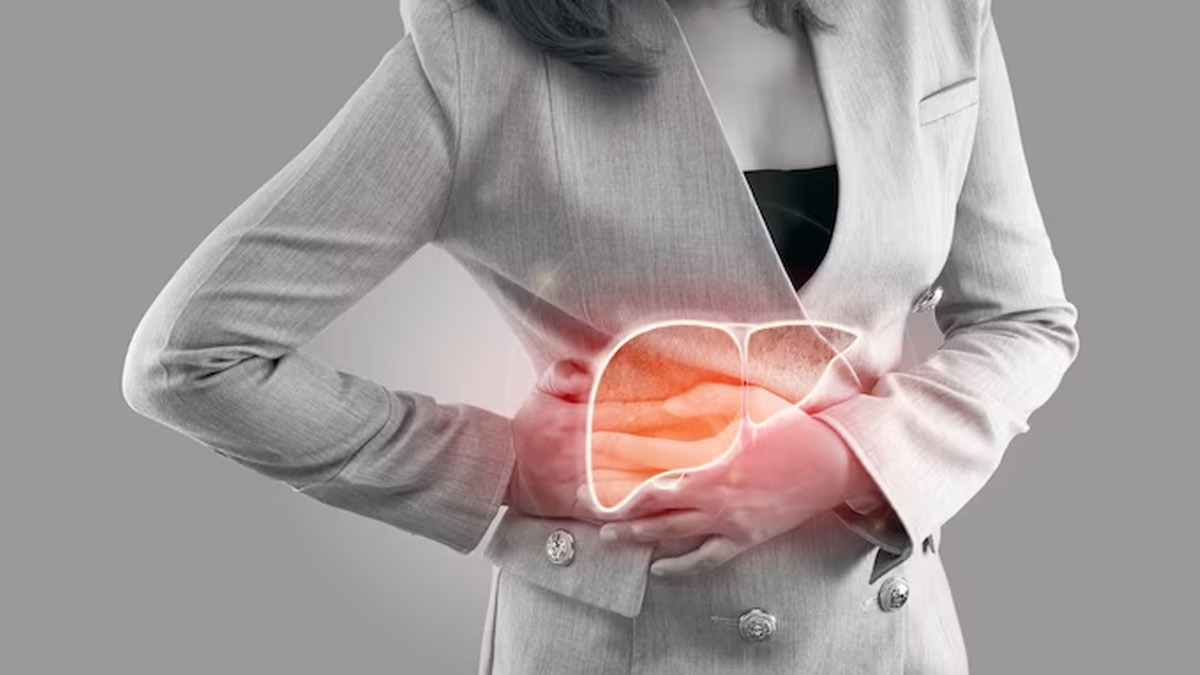
Having kidney disease makes it difficult to maintain good health since the organ that is in charge of cleaning the body is affected.
You may experience fatigue, swelling in your ankles, and notice changes in your urination patterns. If you are wondering what measures you should follow and avoid to prevent complications, you’ve come to the right place.
Table of Content:-
Dr Dilip M Babu, Consultant Nephrologist, Yashoda Hospitals Hyderabad, lists dos and don’ts for people with kidney disease.
Dos For People With Kidney Disease

Manage Blood Pressure
High blood pressure can further damage the kidneys. It is essential to monitor and control blood pressure levels through lifestyle modifications, such as regular exercise, reducing sodium intake, managing stress, and taking prescribed medications as directed by your healthcare provider.
Control Blood Sugar Levels
It is critical for diabetics to appropriately maintain their blood sugar levels. Adhering to a diabetic diet, taking prescribed medications, and monitoring blood sugar levels regularly are essential for maintaining kidney health.
Also Read: High Fever To UTI: Here're 6 Symptoms Of Kidney Stones You Should Not Ignore
Maintain Weight
Dr Babu said that there is a need to lose weight if you are overweight. Obesity can have a direct impact on your kidneys. The increased weight compels them to work harder and filter waste at higher levels than usual.
Engage In Regular Physical Activity
Regular exercise has numerous benefits for individuals with kidney disease. It helps control blood pressure, improves heart health, manages weight, and enhances overall well-being. Discuss with your healthcare provider to determine a suitable exercise regimen based on your condition and physical capabilities.
Stay Hydrated
Maintaining proper hydration is vital for kidney health. Adequate water intake helps flush out toxins from the body and supports kidney function. However, if you are on fluid restriction due to advanced kidney disease, it is essential to follow your healthcare provider's recommendations regarding fluid intake.
Don’ts For People With Kidney Disease

Avoid High Protein Diet
While protein is necessary for overall health, too much protein can be harmful to the kidneys. Consult with your dietitian to determine an appropriate amount of protein based on your kidney function and individual needs.
Avoid Excessive Sodium Intake
Sodium can contribute to fluid retention and increase blood pressure, putting additional strain on the kidneys. Avoid processed and packaged foods, which frequently include excessive levels of salt. Opt for fresh, whole foods and use herbs and spices to flavour your meals instead of salt.
Avoid Taking Medications Without Consultation
Dr Babu said that you should avoid taking medicines such as Nonsteroidal Antiinflammatory Drugs (NSAIDs). You should check with your doctor or kidney specialist before starting any new medicines – even over-the-counter ones.
Also Read: Diabetes Kidney: Expert Lists 5 Signs That You Should Not Ignore
Say No To Smoking And Alcohol
Smoking and excessive alcohol consumption can worsen kidney damage and increase the risk of developing kidney disease-related complications. Quitting smoking and limiting alcohol intake are crucial steps toward better kidney health.
Avoid Neglecting Medical Appointments
Regular follow-up appointments with your healthcare provider are essential for monitoring your kidney function, adjusting medications if necessary, and addressing any concerns or complications
Bottomline
Dr Babu concluded, "Take medications to address problems of renal function loss, such as excess water, high potassium, metabolic acidosis, and excess phosphorus, as well as medications to treat symptoms such as nausea, vomiting, and bone disease."
Disclaimer
The information in this article is shared by an expert, however, we recommend you consult with an expert for a diagnosis based on your body type and medical history.
Also watch this video
How we keep this article up to date:
We work with experts and keep a close eye on the latest in health and wellness. Whenever there is a new research or helpful information, we update our articles with accurate and useful advice.
Current Version
